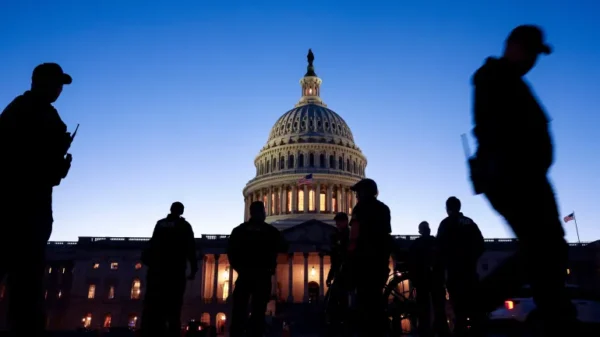Artificial Intelligence (AI) in Design and Retail: Transforming Fashion with Technology
The Rise of AI in the Fashion Industry
Artificial Intelligence (AI) is rapidly reshaping the design and retail landscape. Once reliant solely on human creativity and manual processes, the fashion world now embraces AI-driven tools for innovation, efficiency, and personalization.
Hyper-Personalized Shopping Experiences
Retailers are increasingly using AI to deliver tailored shopping experiences. By analyzing consumer behavior, preferences, and purchase history, AI can recommend products, predict sizes, and personalize digital storefronts for each shopper.
AI in Fashion Design Innovation
Designers are utilizing AI-powered software to experiment with fabrics, patterns, and colors in real time. These tools suggest creative combinations and automate repetitive tasks, allowing designers to focus on originality and vision.
Virtual Try-Ons and AR Integration
AI combined with augmented reality (AR) enables virtual try-ons, where customers can see how clothes look on them without visiting a store. This not only enhances convenience but also reduces return rates and boosts confidence in online purchases.
Optimizing Inventory and Demand Forecasting
Retailers are using AI algorithms for predictive analytics, allowing them to forecast trends, manage inventory levels, and avoid overproduction. This results in lower waste and better product availability.
Sustainable Fashion through AI Insights
AI plays a key role in sustainable fashion by tracking environmental impact, optimizing resource use, and recommending eco-friendly materials. Brands can better align with consumer demand for ethical and sustainable products.
Supply Chain Enhancement and Transparency
AI improves supply chain management by enabling real-time tracking, automation, and logistics optimization. This ensures faster delivery times and greater transparency across all stages of production and distribution.
AI-Driven Customer Support
Chatbots and virtual assistants powered by AI provide 24/7 customer service, answering queries, assisting with orders, and handling returns. These tools enhance customer satisfaction while reducing operational costs.
Data-Driven Trend Prediction
AI can scan social media, runway shows, and fashion blogs to identify emerging trends. This allows brands to respond quickly to market changes, launching collections that reflect current consumer tastes.
Reducing Design-to-Market Time
By automating many design and production steps, AI significantly reduces the time it takes for new collections to reach the market. Faster turnaround helps brands stay relevant and competitive.
Enhancing Visual Merchandising
In retail settings, AI helps create dynamic product displays and store layouts based on shopper behavior and preferences. It can even adjust lighting and product placement in real time to improve sales performance.
Digital Avatars and Custom Fitting
AI enables the creation of digital avatars that match a customer’s exact measurements. This supports bespoke fashion and custom fitting services, merging convenience with luxury.
AI in Fashion Marketing
AI tools help marketers create targeted campaigns, optimize content, and analyze engagement across channels. This ensures that promotional strategies resonate with specific demographics and customer segments.
Collaboration Between Humans and Machines
Rather than replacing designers and retailers, AI is viewed as a creative and operational partner. It augments human talent, allowing fashion professionals to work smarter, not harder.
Conclusion: The Future of Fashion is AI-Enabled
Artificial Intelligence is redefining design and retail in the fashion industry, making it more personalized, efficient, and sustainable. As AI continues to evolve, it will empower brands to innovate while better meeting the expectations of today’s tech-savvy consumers.



































